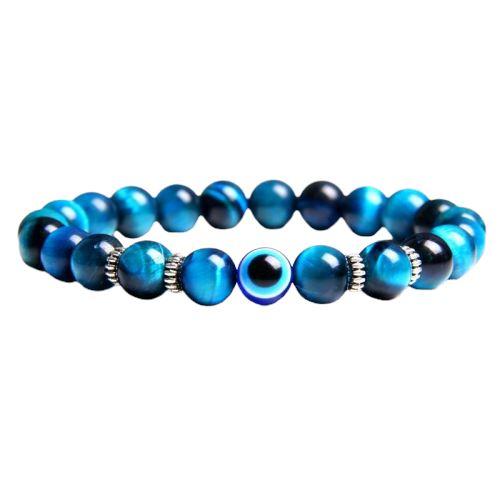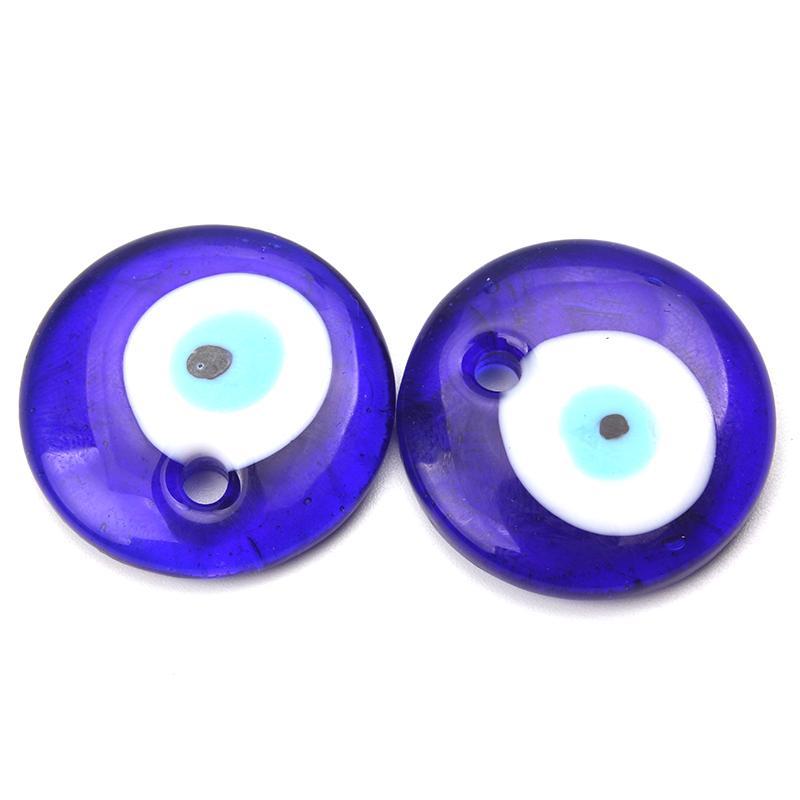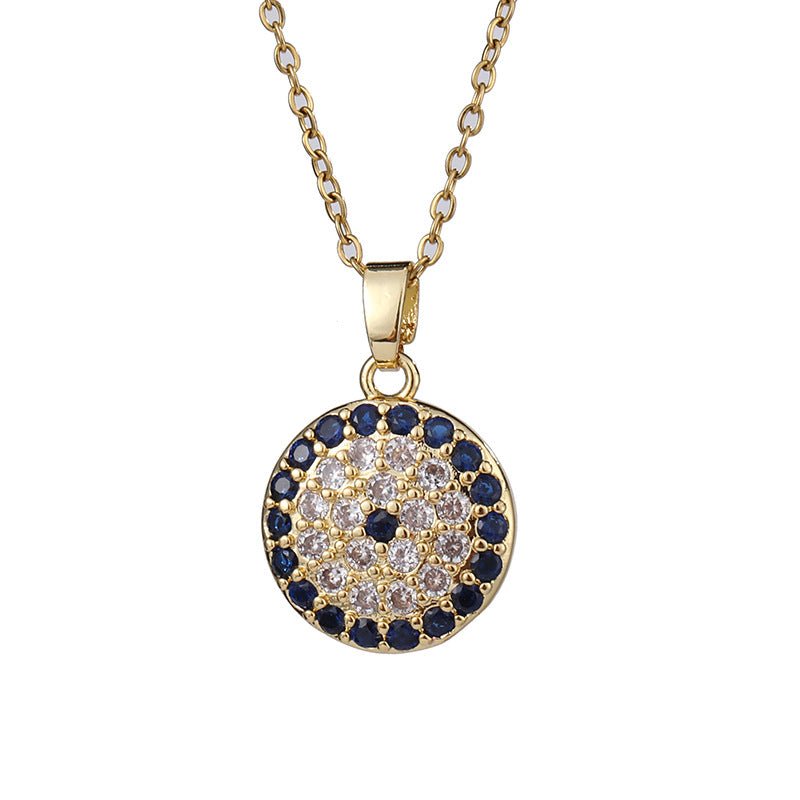The Muslim lucky charm: pious and mystical
Islam is a worldwide religion that appeared in Arabia in the 7th century AD.
Initially taught to a small group of followers, Islam quickly spread across the Middle East to Africa, Europe, the Indian subcontinent, the Malay Peninsula, and China. It is estimated that there are more than 1.5 billion Muslims in the world today. Obviously , the Muslim lucky charm is a broad subject. .. so it is almost impossible to talk about it entirely. However, we will try.
The Arabic term islām literally means “surrender”. This gives us an idea of how Muslims view the relationship with God (whom they call Allah) in which they submit entirely to his will. This particular relationship is necessarily sometimes found in the Muslim lucky charm.
Allah is indeed considered the only God, creator, master and protector of the world. The will of Allah, to which human beings must submit, is known through the sacred book of Muslims: the Koran, which Allah revealed via his messenger, the prophet Mohammed.
In Islam, he is actually considered the last in a series of prophets, and his message completes and closes the "revelations" attributed to earlier prophets.
Mohammed having spent the majority of his life in Arabia (more precisely in the region of Medina), the Muslim lucky charm will necessarily be closely linked to that of Arab tradition (of which you will find the most famous models here).
All Muslims are linked by a common faith and a feeling of belonging to a single community, certain Muslim lucky charms are intercultural and therefore also reflect this feeling.
A special relationship between lucky charms and Islam
We designate by the name of lucky charm any object used for its protective powers, for its effects on certain aspects of our life (wealth, luck, love, etc.) or to protect us from curse spells.
All the cultures and religions of the world have therefore created unique lucky charms which, each time, expressed the soul of those who used them. It is the same with the Muslim religion.
For Islam, however, the use of amulets, talismans or any other protective jewelry can sometimes resemble magic or even witchcraft. However, these two things are formally prohibited in the Koran.
If, on the other hand, a Muslim lucky charm is used to pay homage to Allah or the Prophet, to help the faithful find hope or to convey symbolic (and often very profound) messages… well there is no reason that Muslims must deprive themselves of the powers of lucky charms!
The use of effective means, whatever they may be, aimed at making men's lives easier, at keeping illness away or at bringing us closer to religion will in fact have nothing bad in itself.
Regarding Muslim lucky charms, the whole question will be “How then does the faithful see this object?” »
Indeed, Islamic tradition teaches us that we should rely only on Allah to ensure our health, safety and well-being.
This is exactly why the most effective talismans are those on which prayers evoking the name of God and the Prophet Muhammad and his companions, verses from the Koran or prayers and pious thoughts are inscribed.
In short, there are numerous customs, legends and superstitions throughout the Muslim world, each people faithful to Islam having developed its own particularities.
The place of the evil eye and tribal beliefs
The "evil eye" is one of the most feared forms of curses in Islam. In one way or another, every Muslim lucky charm will seek to protect themselves from it.
Unlike certain rituals associated with witchcraft in the Muslim religion, the evil eye is considered very real by the Koran.
The Scriptures indeed present to us the Prophet Mohammed himself, peace be upon him, speaking of this curse and the good verses to recite to protect oneself from it.
Capable of inflicting injury, illness and sometimes even worse through the simple consequences of an evil look thrown in your direction, this type of spell has been experienced by more than one person throughout history.
If this curse is so frightening, it is in particular because of the way in which it is “caught”.
It is enough for an envious or jealous person to look at you with hatred, or even simply to direct their evil attention towards you, for you to be affected by the evil eye.
If this happens to you, the effects could range from illness, to the failure of your plans, to ruin or an astonishing series of unlucky events.
To be very concrete, here is our collection of Nazar Boncuk, a type of traditional lucky charm known to be the most powerful against the evil eye.
The moon and the crescent
The crescent and the moon are two very common symbols in Islamic art. Some even see them as two great Muslim lucky charms, and they are not necessarily wrong.
However, these two symbols are not specific to Islam: other religions or philosophies can sometimes also use them.
The fact remains that most people see the moon and the crescent as the official emblem of Muslims, particularly through its place in many mosques and altars around the world.
When we look into the subject, we also see that these two symbols appear on the flags of many countries around the world. We can for example think of that of Turkey, Algeria or Pakistan.
For the record, it was not until the creation of the Ottoman Empire that the crescent moon and the star were linked to the Muslim religion.
When the Turks conquered the ancient city of Constantinople in 1453, they actually decided to take over the city's emblems (just the crescent and the star).
Through its influence on the rest of the Muslim world during the centuries that followed, the Ottomans spread this great Muslim lucky symbol to the four corners of the world, which de facto linked it to Islam.
All of this actually tells us one important thing: these symbols are not historically of Muslim origin, and so wearing them with pride should not be seen as something particularly pious. (Many traditionalist Muslims today refuse to use them.)
Allah and his 99 names
The first pillar of imaan (“faith” in Arabic) that Islam teaches us is belief in Allah.
Every Muslim in the world, wherever he is and whatever his opinions, therefore indeed believe in Him in accordance with what He really is. To achieve this, knowing your names and attributes can be a formidable tool.
Concretely, some theologians and scholars of Islam teach us that memorizing the 99 names that Allah has in the Quran will help us understand the correct way to view Him.
It seems more obvious that there can be nothing more pious and sacred than knowing the names of the Almighty and living with them every day.
A Muslim lucky charm linked to them could therefore only be exceptionally powerful... That's good, that's exactly what some of those we present on our store bring us!
Wearing this type of Muslim jewelry will therefore clearly be an effective way to strengthen our relationship with Allah.
The Prophet Muhammad also said:
“Allah has ninety-nine names, that is, one hundred minus one, and whoever knows them will go to paradise. »
Once again, this leaves us wondering about the scope of Muslim lucky charms which are marked with one of these names (or even 99 at a time).


















